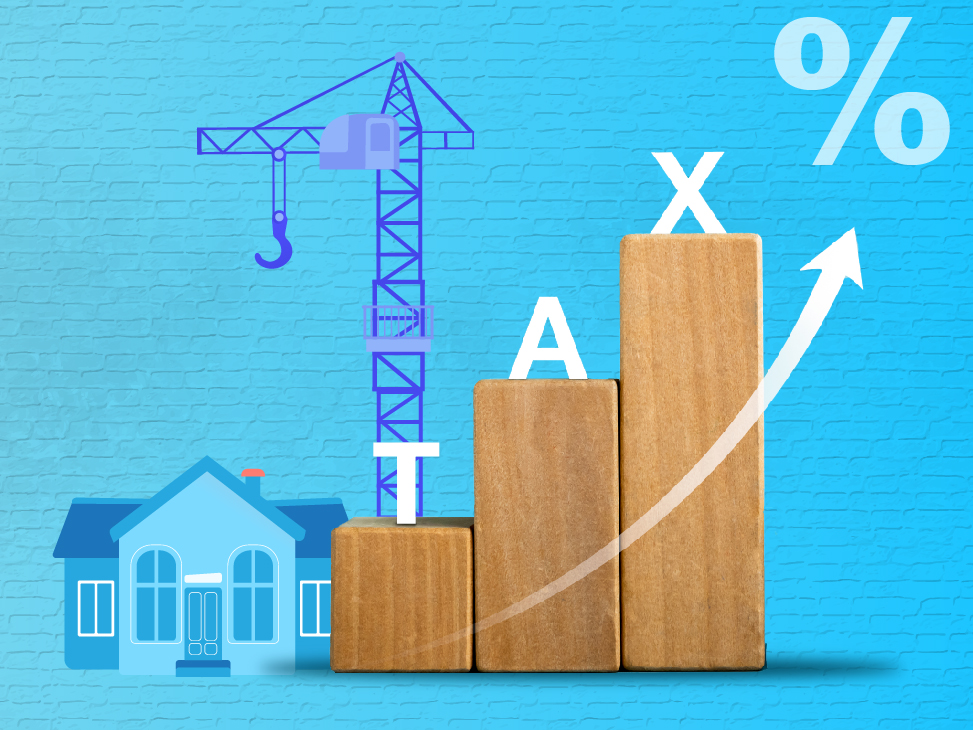Even in cases where home improvement loans are utilized for qualified repairs or estate improvements, they are typically not deductable from federal taxes. Home renovation loans are considered unprotected debt and are therefore not qualified for tax credits, except home equity loans, which may be tax deductible.
House equity loans versus loans for house improvement

Despite the fact that home equity and home improvement loans have different purposes and may seem identical on paper, it’s crucial to know the distinctions between them.
If you choose to fund your next project with a home improvement loan instead of an equity loan, you may be missing out on thousands of dollars in tax benefits.
Loans for home renovation
Online investors, banks, and credit unions can provide home renovation loans, which are similar to personal loans. In order to be accepted and receive the money in one lump amount, borrowers must fulfill the lender’s requirements.
The majority of lenders have payback terms that range from two to five years, and depending on your creditworthiness, they may have variable or fixed interest rates. To put it briefly, home improvement loans are unprotected personal loans that are targeted at borrowers who want to use the money for house improvements.
A home or other property is not used as security for unprotected loans or debts, such as personal loans for home renovations. Therefore, even if the money is utilized for approved renovations or upgrades, they are not qualified for the tax credits.
Equity loans for homes
For a variety of causes, home equity loans and home improvement loans fall into two distinct groups. First of all, home equity loans let you access the equity you’ve accumulated in your house via time and are protected by the property.
These loans and credit lines, also known as “second mortgages,” are typically higher risk and have more stringent usage limitations. You could lose your house if you don’t make the payouts. Some of the most common mortgages that are eligible for tax reductions are home equity loans and home equity lines of credit (HELOCs).




